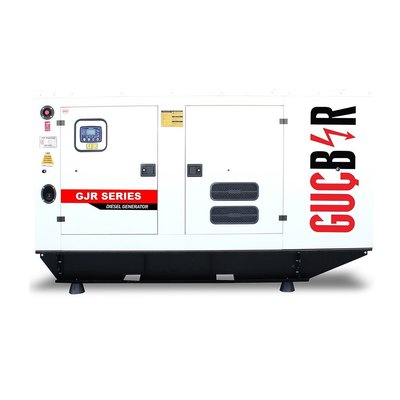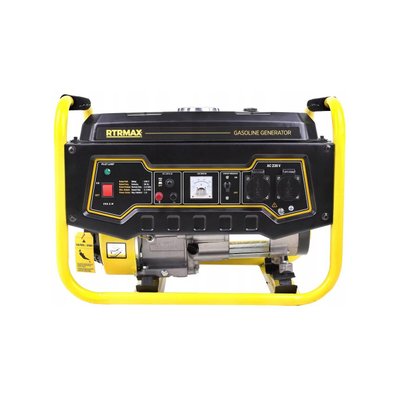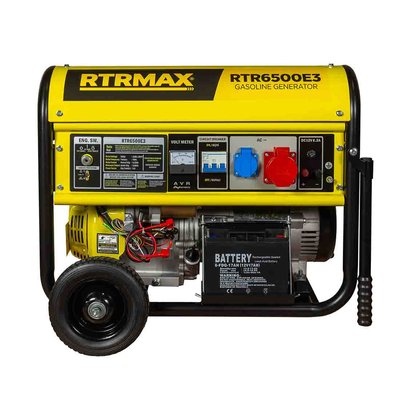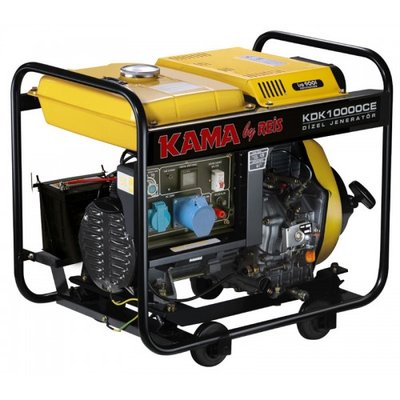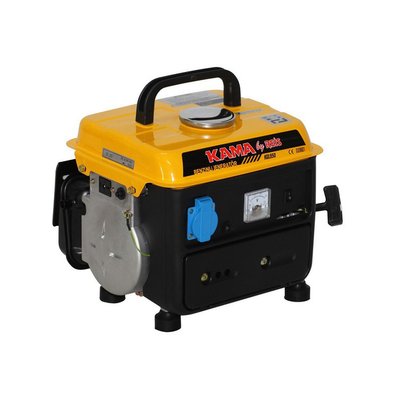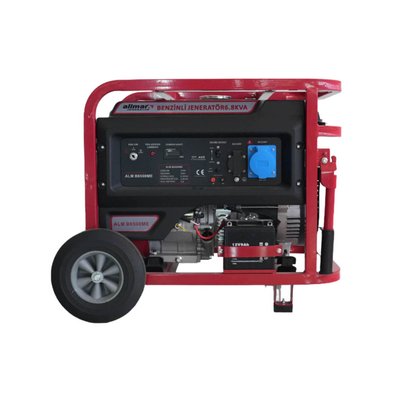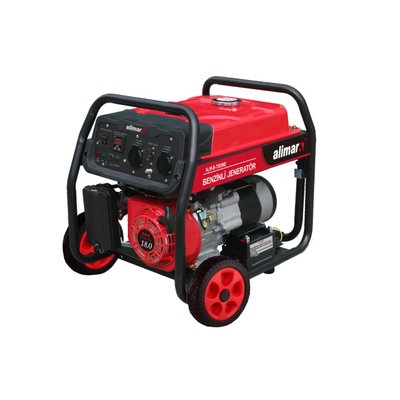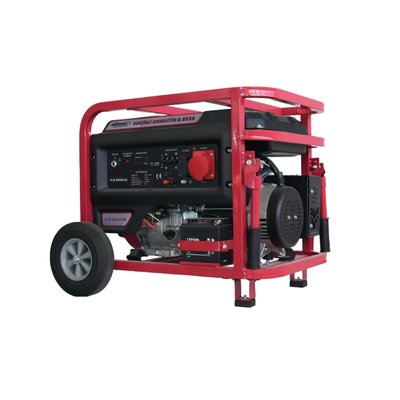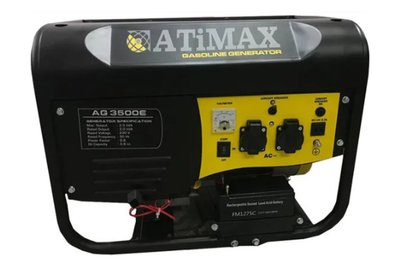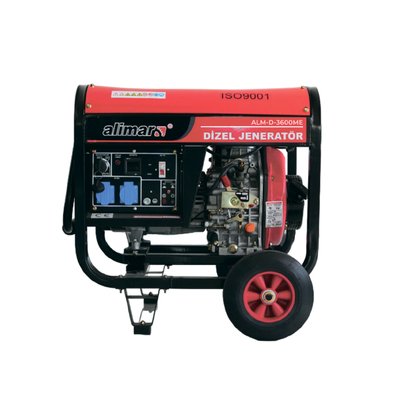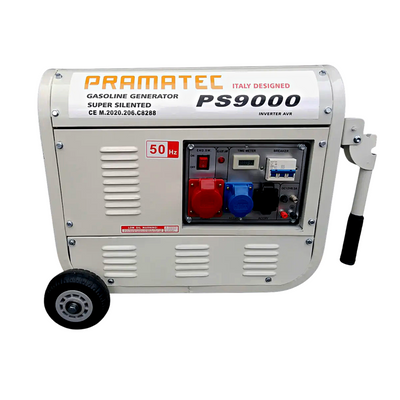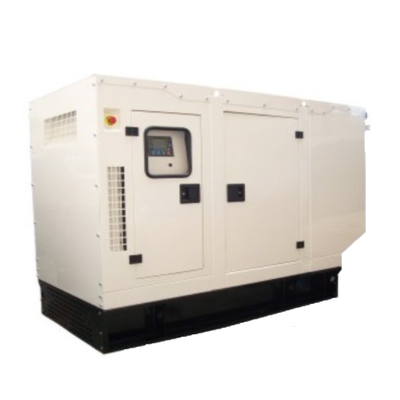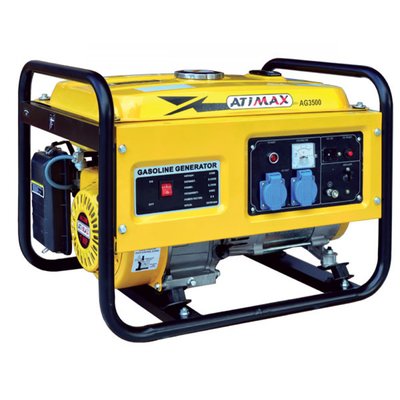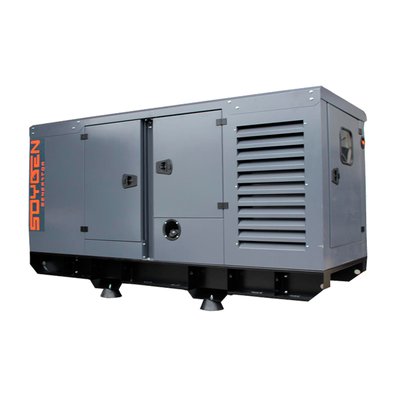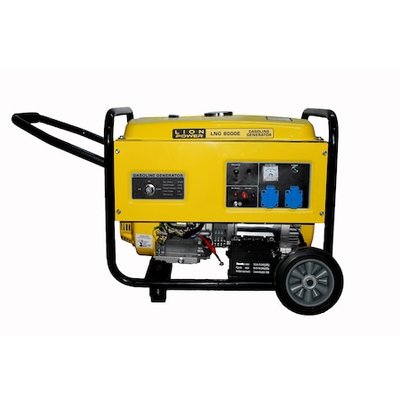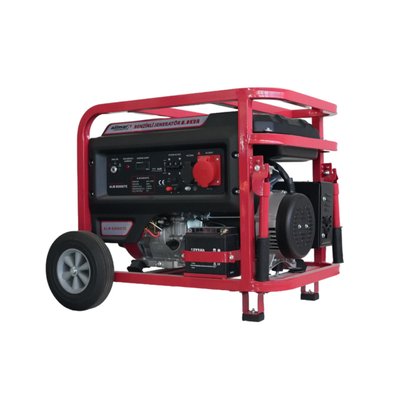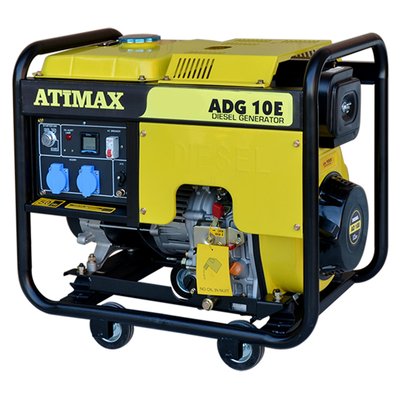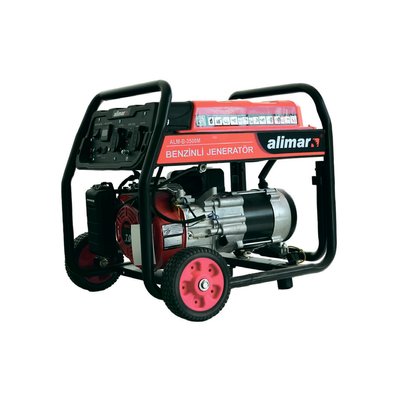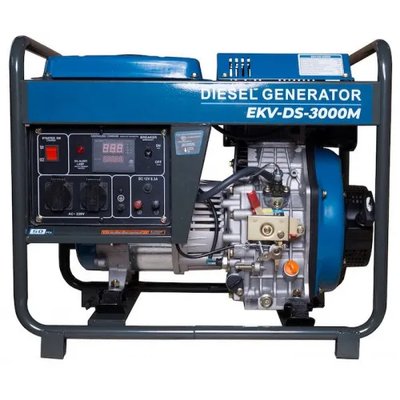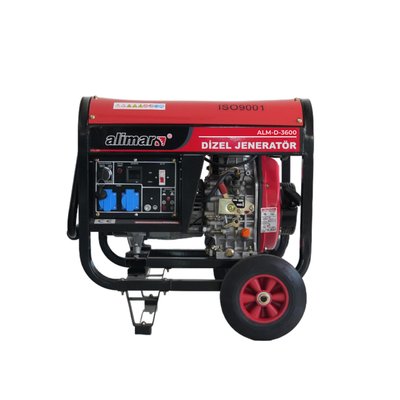|
Quantity
|
Out of stock
|
||
|
|
|||
Generator
The lack of electricity is the inability to turn on the light bulb, start the refrigerator and turn on the computer. Blackout for business threatens with losses and loss of customers. In an unstable situation with power supply, when it is not possible to simply turn on the light, the generator becomes the only source of electricity. The purchase of a station must be treated judiciously so as not to overpay and completely cover the need for energy supply.
How to choose the perfect power generator for your needs?
The first thing to consider when buying a power plant is its purpose. First, it is determined what the device will be used for. This depends on the power.
So, a mini-power plant of 1-3.5 kW is suitable for the house. This is enough to charge the phone, watch TV, work on the computer. However, this option is more of a backup. A weak generator is not sufficient for appliances that consume electricity intensively (washing machine, freezer). In case of intensive energy consumption - a power plant of 5 kilowatts or more to connect a pump, boiler and other equipment.
For the house and giving it is possible to buy household electric generators. But if an autonomous power plant is required for a construction site, a supermarket, an office, a cafe or a government institution, an industrial unit will be optimal. Industrial power plants are more powerful than domestic ones, but at the same time they have a larger tank volume and, accordingly, higher fuel consumption.
It is also worth considering that mobility directly depends on the volume of the tank. The most convenient for transportation is a gasoline generator. Due to its relatively light construction, it is ideal for frequent hauling.
What characteristics of the generator should be considered when choosing?
When the purpose of an autonomous station is determined, it is worth analyzing the technical characteristics.
According to the type of fuel, power supply sources are divided into 4 categories.
1. Diesel. They can generate up to 200 kW - for large industrial facilities. A low-power diesel generator from 5 kW is used in everyday life. It should be borne in mind that diesel freezes at sub-zero temperatures, so placement in heated rooms or engine insulation is required.
2. Gasoline. Gasoline is used to convert fuel energy into electricity. Small-sized models are suitable for transportation and use in the field. Used as the sole source of energy, but require a break every 8 hours (or more often depending on performance). The gasoline generator works at sub-zero temperatures. It has a relatively low noise level (about 79 dB).
3. Gas (propane or natural gas). Work from a cylinder or a gas pipeline. They are more expensive, but pay off due to the low cost of gas.
4. Hybrid. Two types of fuel are used alternately: gasoline and gas.
As a rule, petrol models are cheaper than diesel ones. But it should be borne in mind that the price of diesel is less than that of gasoline refueling.
The place where the station will be installed is determined in advance. For small models that fit in the trunk, this will not be a problem. But a large industrial installation requires a separate ventilated room, which is heated in winter.
In order not to make a mistake when buying an autonomous power plant, you should trust only proven Ukrainian and foreign manufacturers. In the online store you can buy a generator at competitive prices and with a guarantee of quality. A wide range of models allows you to find exactly the device that fits your individual requirements.
































